-

Hotspot Watch 4 February 2022
Hotspot04 February 2022A weekly update describing soil moisture patterns across the country to show where dry to extremely dry conditions are occurring or imminent. -
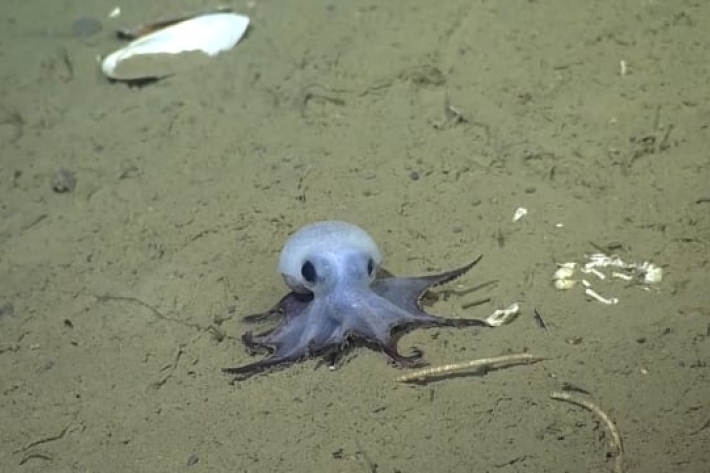
Exploring deep-sea oases
Deep below the ocean surface, life thrives in a world once thought to be inhospitable. -
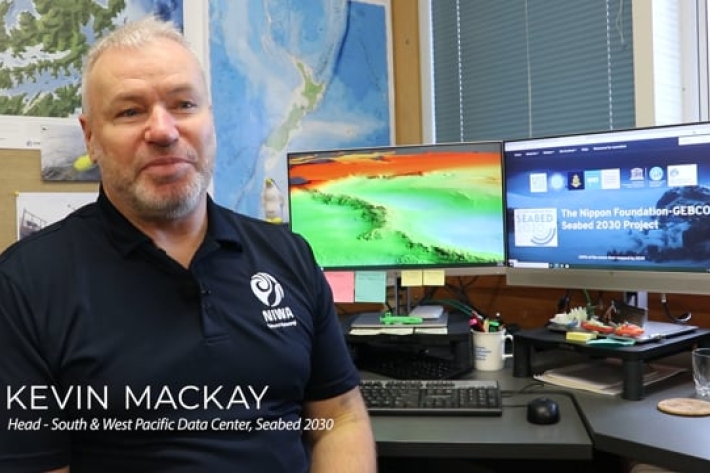
Seabed 2030
Did you know NIWA is leading a NZ partnership in a worldwide initiative to map the entire globe’s seafloor? Found out more about the Seabed 2030 initiative. -
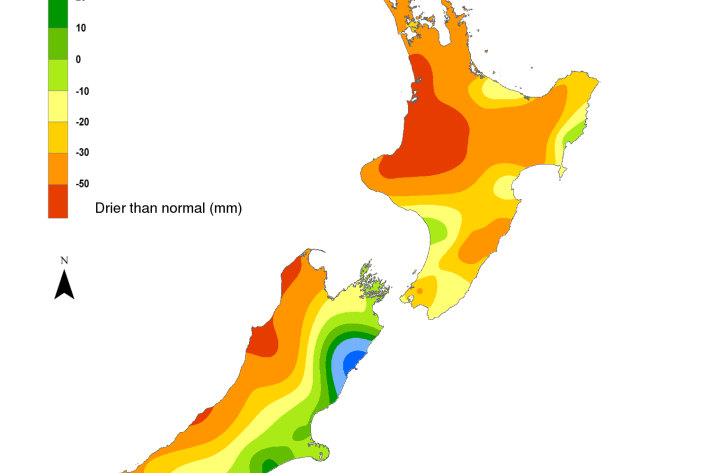
Hotspot Watch 27 January 2022
Hotspot27 January 2022A weekly update describing soil moisture patterns across the country to show where dry to extremely dry conditions are occurring or imminent. Regions experiencing significant soil moisture deficits are deemed “hotspots”. Persistent hotspot regions have the potential to develop into drought. -
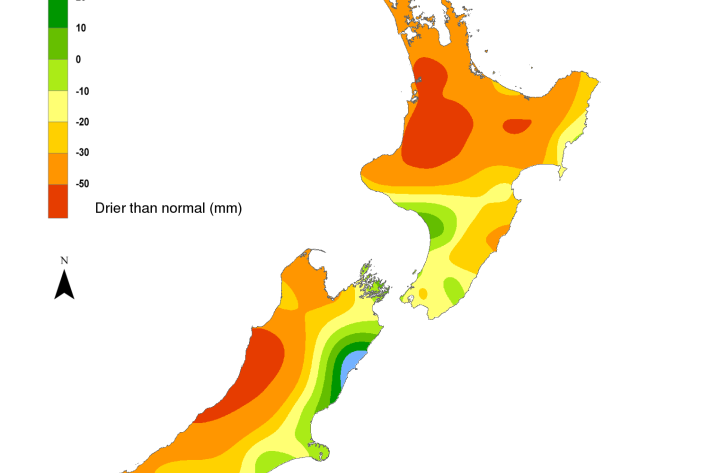
Hotspot Watch 20 January 2022
Hotspot20 January 2022A weekly update describing soil moisture patterns across the country to show where dry to extremely dry conditions are occurring or imminent. Regions experiencing significant soil moisture deficits are deemed “hotspots”. Persistent hotspot regions have the potential to develop into drought. -
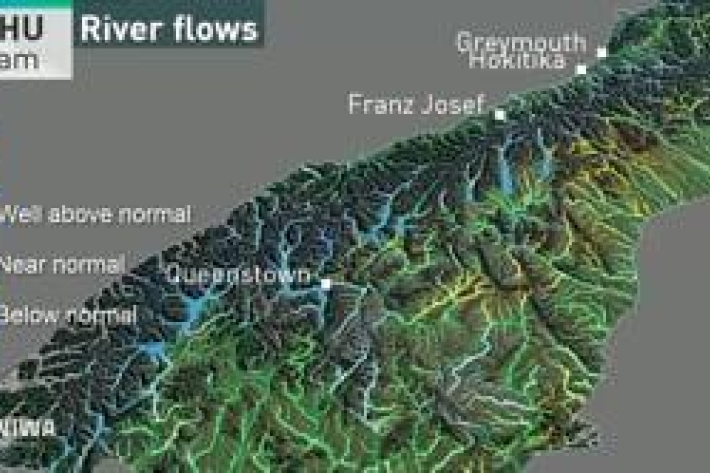
River flow forecasting
Research ProjectNIWA is developing a national river flow forecasting tool for New Zealand that aims to support and strengthen our planning for and response to extreme rainfall events. -
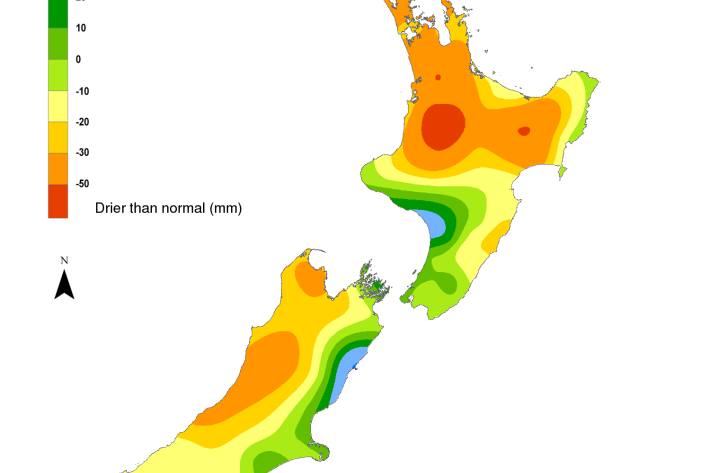
Hotspot Watch 13 January 2022
Hotspot13 January 2022A weekly update describing soil moisture patterns across the country to show where dry to extremely dry conditions are occurring or imminent. Regions experiencing significant soil moisture deficits are deemed “hotspots”. Persistent hotspot regions have the potential to develop into drought. -
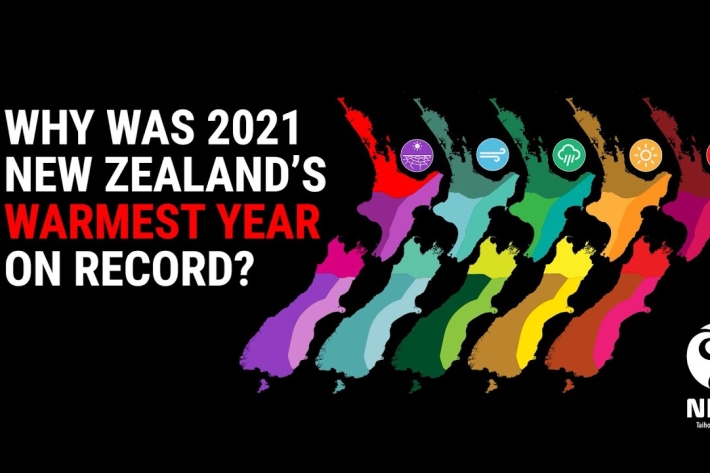
Annual Climate Summary 2021
It's official, 2021 was Aotearoa New Zealand’s warmest year on record. -
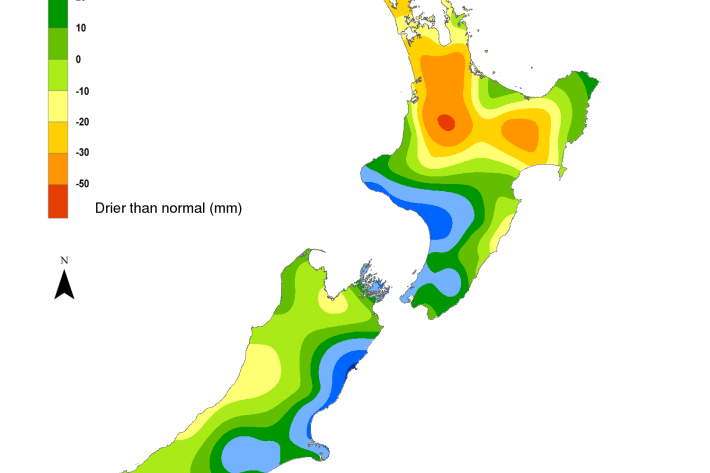
Hotspot Watch 6 January 2022
Hotspot06 January 2022A weekly update describing soil moisture patterns across the country to show where dry to extremely dry conditions are occurring or imminent. Regions experiencing significant soil moisture deficits are deemed “hotspots”. Persistent hotspot regions have the potential to develop into drought. -
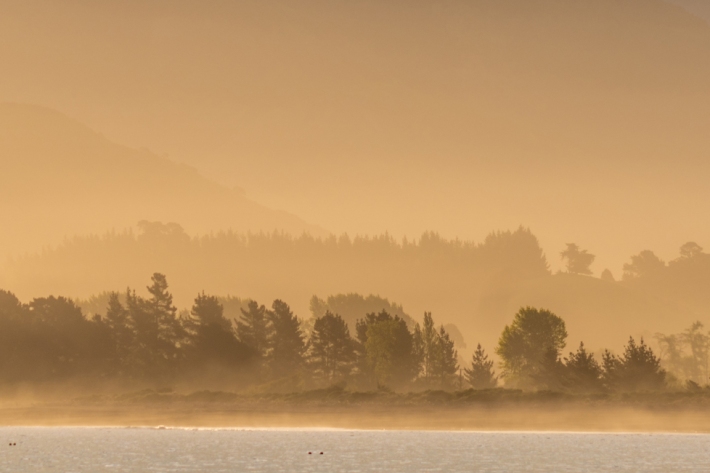
New Zealand experiencing 5x more temperature extremes than expected
Feature story04 January 2022Stories of tremendous forest fires, huge storm events, and suffocating heatwaves have dominated headlines over the past few years. We instinctively feel that our weather is getting wilder. Are we finally living through those climate change warnings we’ve heeded for decades? -
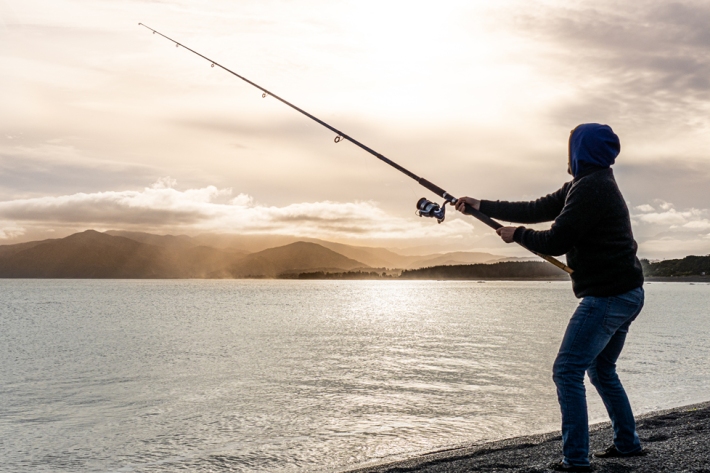
Will it be a fintastic fishing year?
Feature story30 December 2021A marine heatwave is happening all around New Zealand. Warmer waters are more pleasant for swimming in and can create wilder weather. But what do they mean for fishing? Let’s dive into the science behind getting a good catch. -
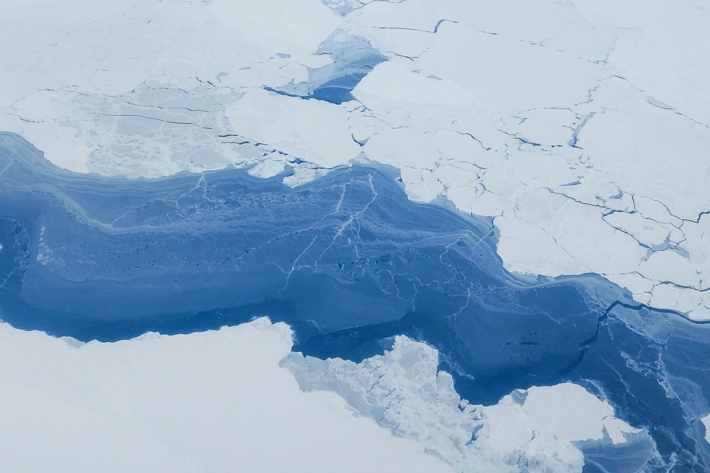
Studying a fragile and alien icy world
Feature story23 December 2021NIWA scientists are doing what no others have done before. In a mysterious world just below the Antarctic ice, a delicate web of ice crystals forms a habitat that’s unique and largely unknown. Until now…
